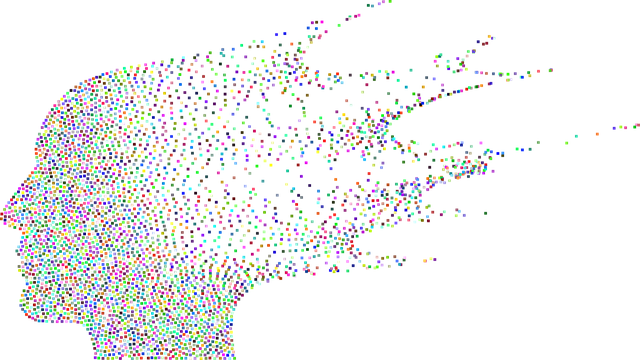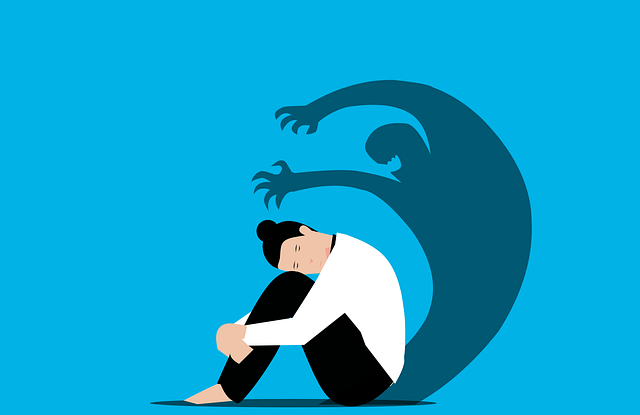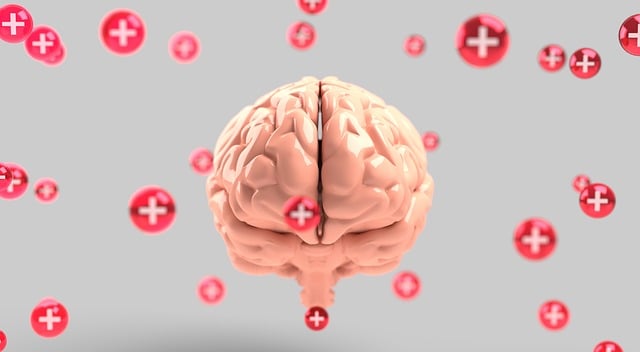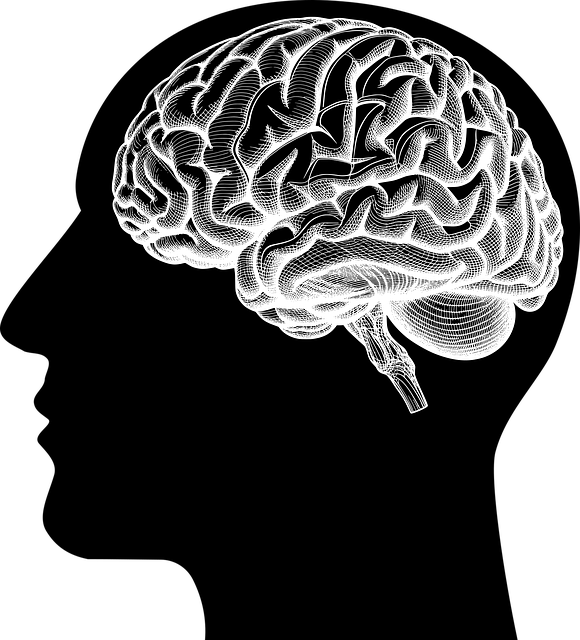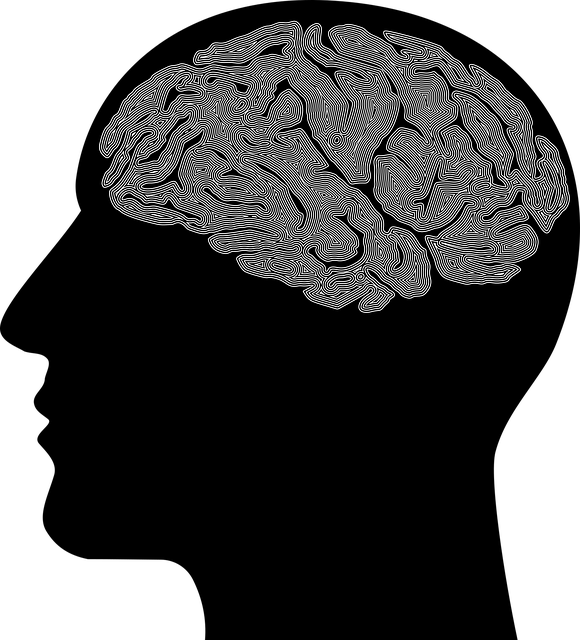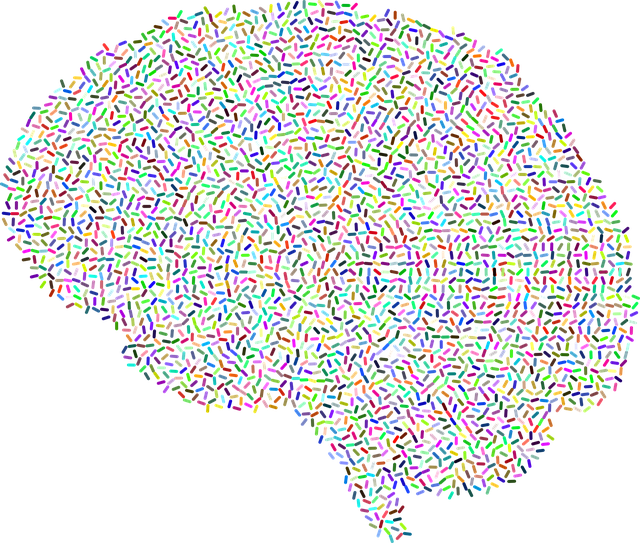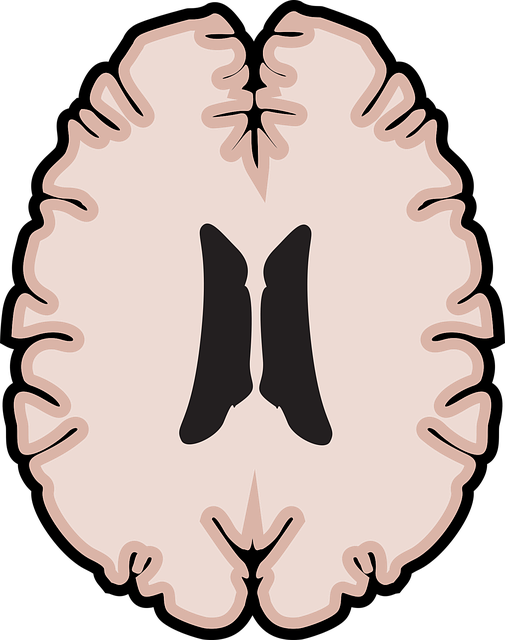Sexual dysfunction in adolescent teens, often linked to trauma, has profound emotional health implications. Effective therapy addresses comorbid mental health issues, reduces stigma, and encourages help-seeking through self-care techniques that reconnect physical and mental well-being. Specialized therapy creates safe spaces for processing traumatic experiences, building resilience, and reclaiming health. Community outreach programs targeting schools, youth centers, and online platforms, coupled with policy advocacy for evidence-based, culturally sensitive services, are vital to improving access to care for adolescent teens affected by trauma-related sexual dysfunction.
Trauma support services are vital for adolescent teens, especially those struggling with sexual dysfunction resulting from past experiences. This article delves into the profound impact of such trauma on young lives and explores effective interventions. We discuss the pivotal role therapy plays in addressing sexual health issues stemming from trauma, highlighting the need for trauma-informed services accessible to teens. By understanding the complex interplay between trauma and sexual dysfunction, we can provide tailored care, fostering healing and empowering adolescents to reclaim their well-being.
- Understanding the Impact of Sexual Dysfunction in Adolescent Teens
- The Role of Therapy in Supporting Trauma and Sexual Health
- Accessing and Providing Effective Trauma-Informed Services for Teens
Understanding the Impact of Sexual Dysfunction in Adolescent Teens

Sexual dysfunction is a significant issue that can profoundly impact adolescent teens’ lives and overall emotional well-being. This sensitive topic often arises as a result of trauma, especially in cases where teens have experienced sexual abuse or assault. The effects can range from physical discomfort during intimate activities to intense feelings of shame, anxiety, and depression, hindering their ability to form healthy relationships.
Understanding the impact of sexual dysfunction requires recognizing that it is not merely a physical condition but also a mental health concern. Therapy for adolescent teens with sexual dysfunction often involves addressing underlying issues such as post-traumatic stress disorder (PTSD), anxiety disorders, or depression, which are common comorbidities. Mental illness stigma reduction efforts play a crucial role in encouraging teens to seek help without fear of judgment. Self-care practices and emotional well-being promotion techniques can also be integrated into therapy to support these young individuals in rebuilding trust and confidence in their bodies and relationships.
The Role of Therapy in Supporting Trauma and Sexual Health

Trauma support services often include therapy as a key component in helping individuals heal from psychological wounds. For adolescent teens who have experienced trauma, specialized therapy can be life-changing. This involves creating a safe and non-judgmental space for them to process their experiences, develop coping strategies, and build resilience. Many adolescents struggle with sexual dysfunction as a result of trauma, making therapy for adolescent teens sexual dysfunction an important aspect of comprehensive care.
Professional therapists utilize various techniques such as self-awareness exercises to help clients understand their emotions and triggers. Additionally, healthcare provider cultural competency training ensures that support is tailored to individual needs, considering factors like cultural background, gender identity, and sexual orientation. By incorporating emotional well-being promotion techniques, therapy empowers teens to reclaim their physical and emotional health, fostering a sense of safety and empowerment.
Accessing and Providing Effective Trauma-Informed Services for Teens

Accessing effective trauma-informed services is particularly crucial for adolescent teens who have experienced sexual dysfunction stemming from traumatic events. This population often faces unique challenges in seeking help due to stigma, fear, or a lack of understanding about available resources. Therefore, implementing community outreach programs that target schools, youth centers, and online platforms can significantly improve access to care. These initiatives should include educational workshops and self-awareness exercises tailored to address sexual dysfunction resulting from trauma, fostering an environment where teens feel safe to discuss their experiences.
Mental health policy analysis and advocacy play a pivotal role in ensuring these services are not only accessible but also evidence-based. By integrating best practices into existing policies, healthcare providers can offer specialized therapy for adolescent teens with sexual dysfunction related to trauma. This involves training professionals in trauma-informed care, incorporating culturally sensitive approaches, and promoting ongoing research to inform policy decisions. Ultimately, a comprehensive approach that combines community outreach, self-awareness exercises, and robust mental health policy will empower teens to heal from their traumatic experiences and foster healthier relationships.
Trauma support services for adolescent teens, especially those struggling with sexual dysfunction, require a comprehensive approach. By integrating trauma-informed care and access to specialized therapy, we can significantly enhance the well-being of this vulnerable population. Understanding the impact of sexual dysfunction within the context of past traumas is essential in providing effective treatment. Through accessible and tailored services, we can empower teens to heal, fostering healthier relationships with their bodies and sexuality as they navigate adulthood.

